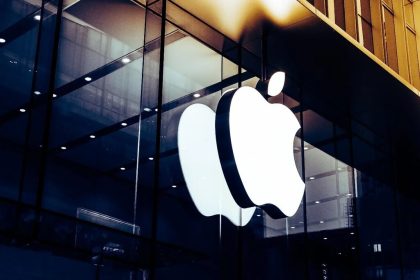In the world of technology, we always see the rise and fall of new topics; Some of these technologies lose their appeal over time and are forgotten, and others change our lives forever and affect even the smallest daily tasks. The flow of NFT and Metaverse were among the most discussed trends that emerged in recent years and attracted the attention of many users; But after a while, the hype around it died down, more than 95% of non-fungible tokens, or NFTs, lost their value completely.
It is safe to say that “artificial intelligence” is the most important topic these days in the world of technology, and from technology giants to small businesses, they are trying to equip their products and services with this technology. An important question that arises in the meantime is whether artificial intelligence will continue to grow rapidly or should we expect its initial fever to subside after some time? To answer this question, the famous company KPMG conducted extensive research and was able to predict the vision of artificial intelligence in the coming years by surveying 400 executives.
According to this survey, more than two-thirds of executives have considered investing in artificial intelligence as their company’s top priority and will try to use this technology in part of their activities in the coming years. “Artificial intelligence is not a hype,” said Paul Knapp, head of KPMG US, in an interview. The managers of large companies know very well how destructive large investments in unstable technologies are, and they pay careful attention to this matter. Jefferies senior analyst Brent Thiel recently announced in his interview: “I see Microsoft, Amazon and Google as winners; Because they have shifted their company’s expenses towards artificial intelligence and will see its results in the future. Although it may take some time for their investment to bear fruit.”
The KPMG survey shows that 62% of executives expect that their investment in artificial intelligence will reach the desired return in the next three to five years, while another 23% of executives expect a one-year period to see the results of their investment. They have considered artificial intelligence. Nap said: “Today, investment in the field of artificial intelligence is in its infancy, and most of the investments are made around ideation. “We will definitely see the increasing use of generative artificial intelligence in many industries in the future.”
According to experts, investment in artificial intelligence will reach about 200 billion dollars by 2025 and it is expected that in the long term, it will account for more than 4% of the US GDP.
What do you think about this? Will the rise of artificial intelligence continue with this momentum or do you envision a different fate for it? Share your thoughts with us.
RCO NEWS















